Unfortunately this post comes after the deadline has expired but I'm doing the post anyway, it's not like I have something to lose. On the contrary, maybe my tips are going to be useful for some.
Growing food looks easy at first glance but there are a few basic rules you need to know in order to avoid mistakes other have already made. I'm not an expert, still learning myself but my dad has a garden and know a few things I'd like to share with you today.
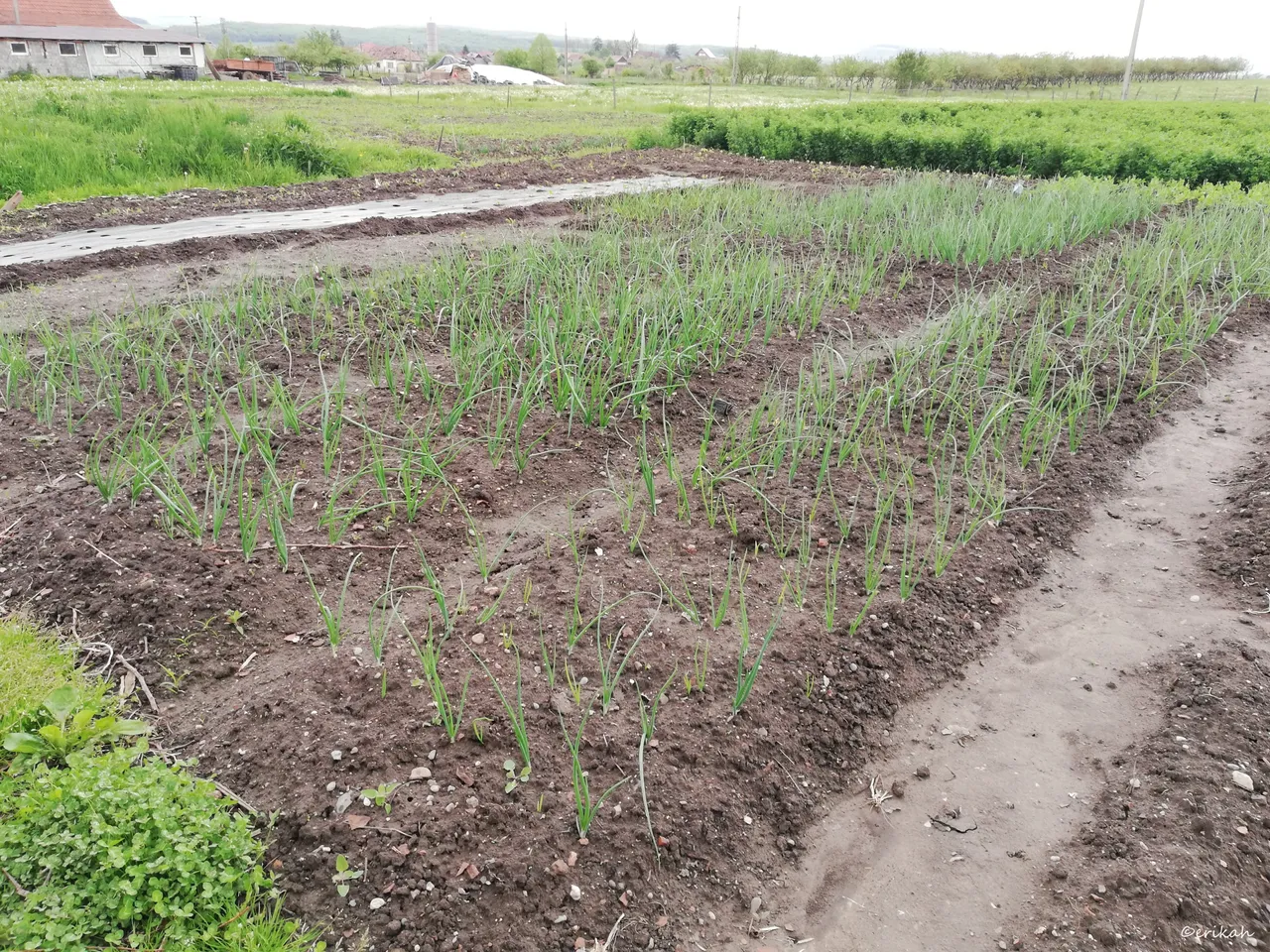
Crop Rotation
Growing the same crop in the same place every year can have huge disadvantages, one of which is spreading disease from one year to another. The other disadvantage is it can gradually use up the soil of certain nutrients in time, which can have serious consequences.
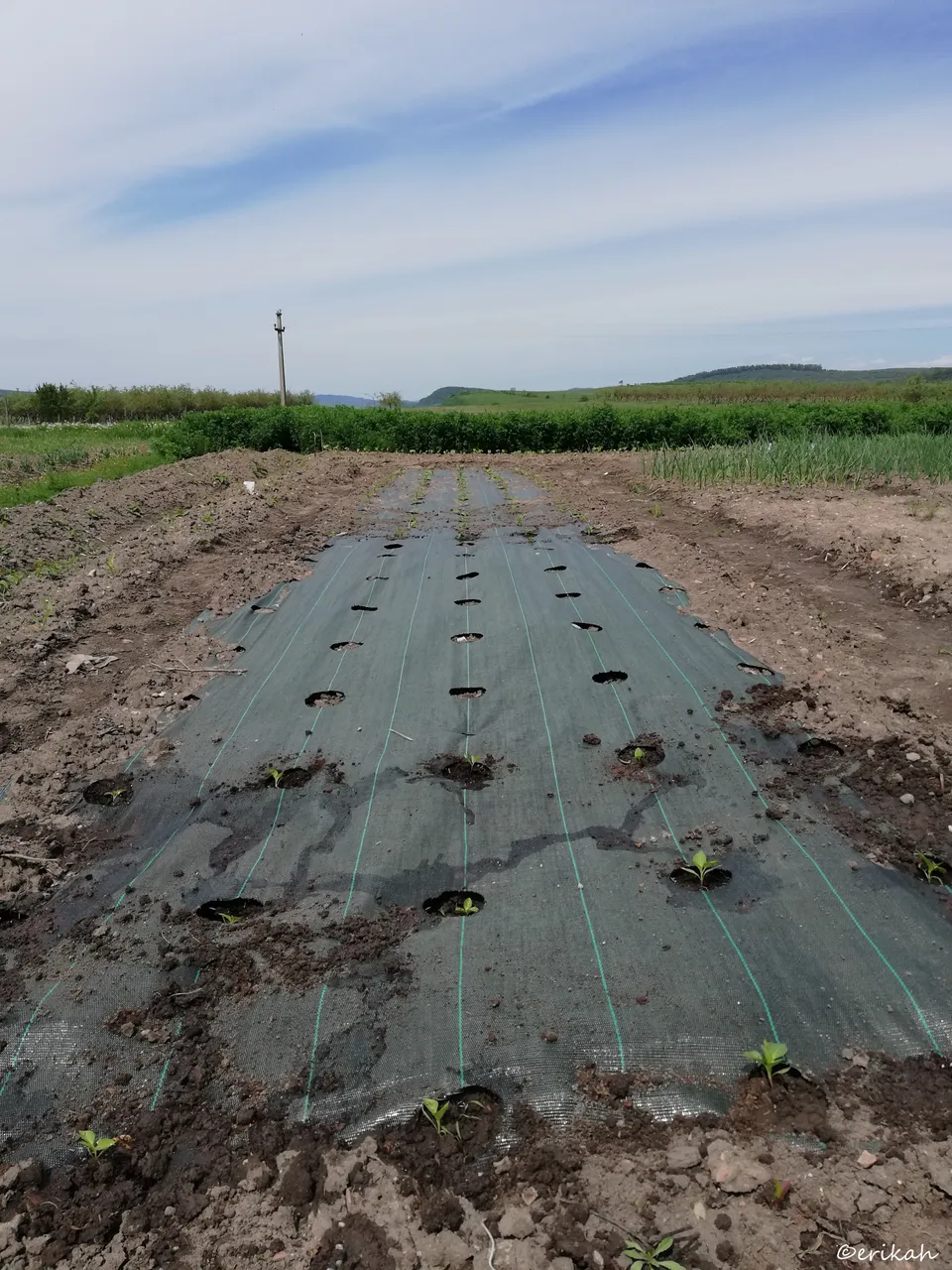
You can make a plan each year, mark the parcel of land and note what you've been growing on it each year. That way you can avoid making mistakes. I've seen our neighbor ignoring this very simple rule and he had to throw away all the onions he got, even before harvesting.
Watering & Watering Time
Climate change is real and is affecting everyone, so watering is a must in most parts of the world. Global warming has changed everything, we don't have 4 seasons anymore, most of the time spring is non existent.
Watering is a blessing for the garden, can help you get a healthy crop, but only if it's done in time and the right way.
We usually water early in the morning, when both the temperature and the soil is cooled off. That way the water doesn't do any damage. Watering the garden in the evening, when everything is still hot and the water, coming from the well is cold, it can damage the plants. Watering early morning gives plats the chance to regenerate and start the day fresh.
There must be a balance in watering and each plant has its water needs, actually it's different for each plant. You need to learn how much water they need and respect that. Excessive watering can lead to rotting and you can lose your crop.
Compost
Composting is the most efficient way to reuse your green and organic waste, put it to good use, instead of just wasting it. It can be done by anyone with almost no investment. All you need is a container that has no bottom, place it on the ground, dump all the organic waste in it and nature does the rest for you for free. There are plastic bins specially for composting, but you can do one of wood, reuse old boards. There's nothing better than organic fertilizer made of compost.
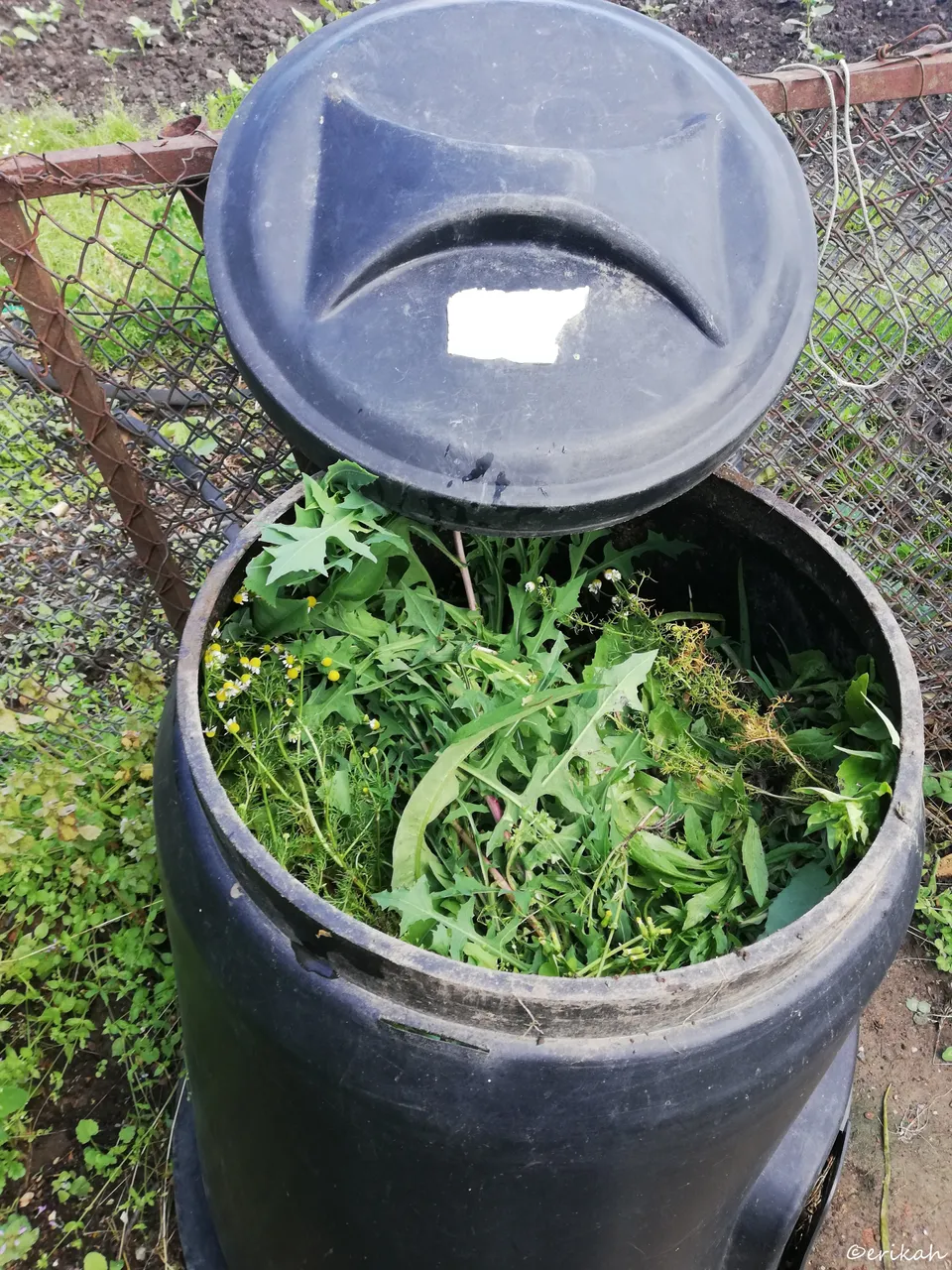
My strategy is to collect everything that is organic, from household waste to weeds, make a good mix as each vegetable or fruit or weeds has different minerals that can form a good nutrient mix.
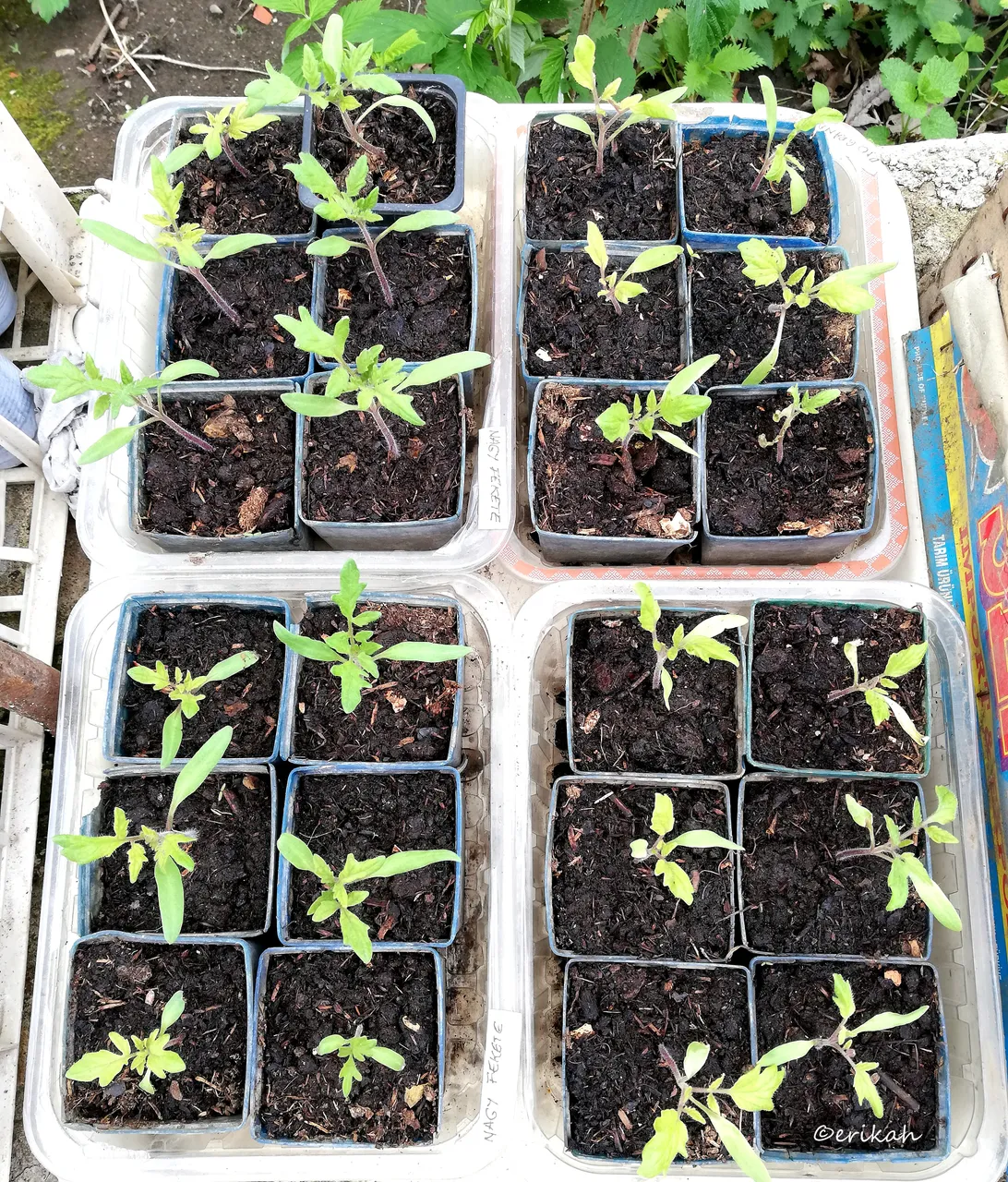
Planting Seedlings
We use a lot of seedlings as it's is better to grow seedlings first and then plant them outside when the weather is appropriate for gardening. Many are making the mistake of planting the seedlings in the morning. This is never good as that poor little thing needs to get used to the new situation, adjust to the environment. In case of being kept inside, a sudden contact with the sun can burn the leaves and damage it for good.
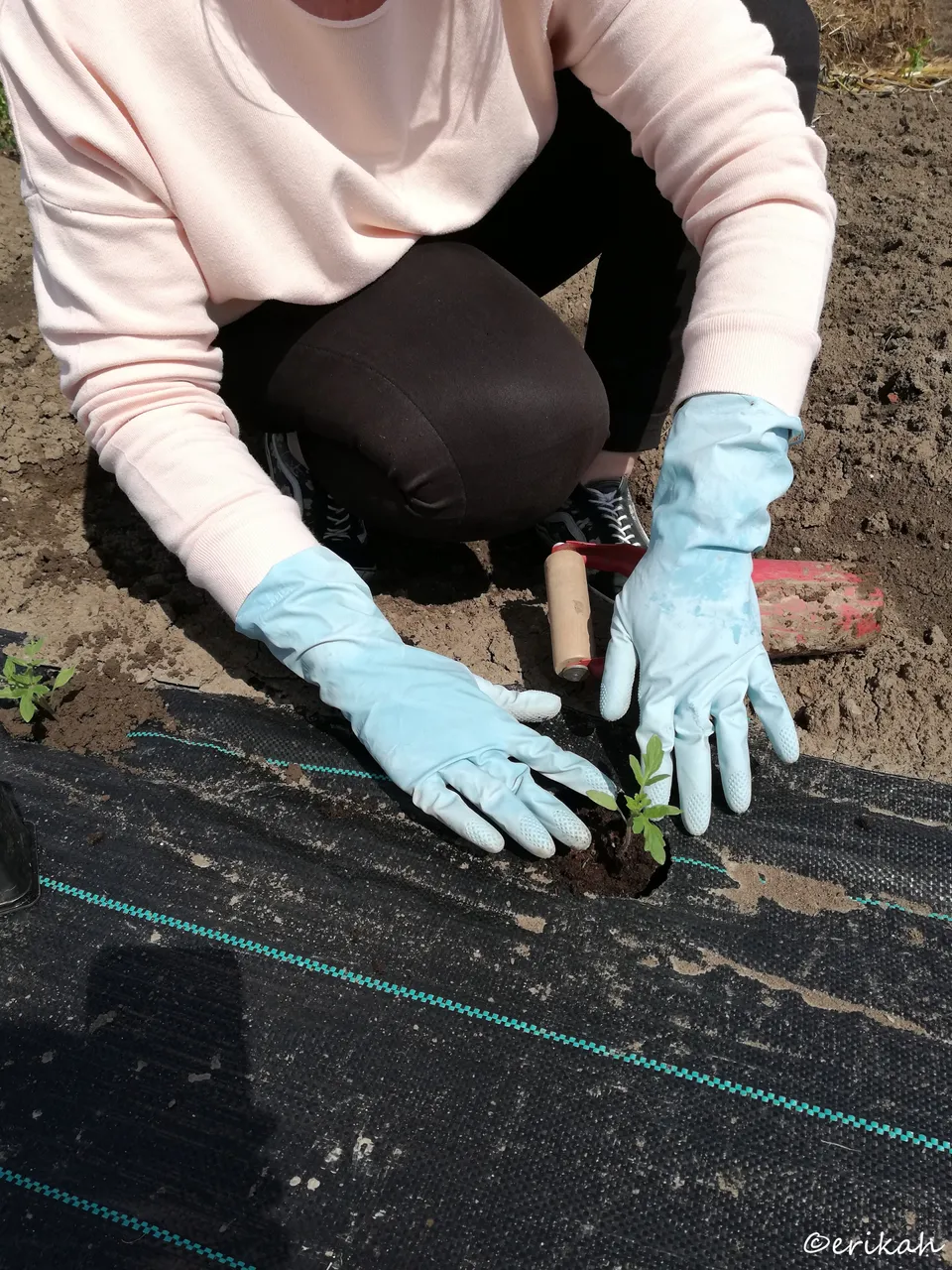
You can do it in the evening, when the sun is already going down. Give it plenty of water and give the seedlings time to accommodate to the new place. A cool night will help a lot and can start the next day fresh.
This is my contribution for now. I'm waiting for the gardening season to start and then I'll be able to post more. In a month I believe we can start, so stay tuned.

